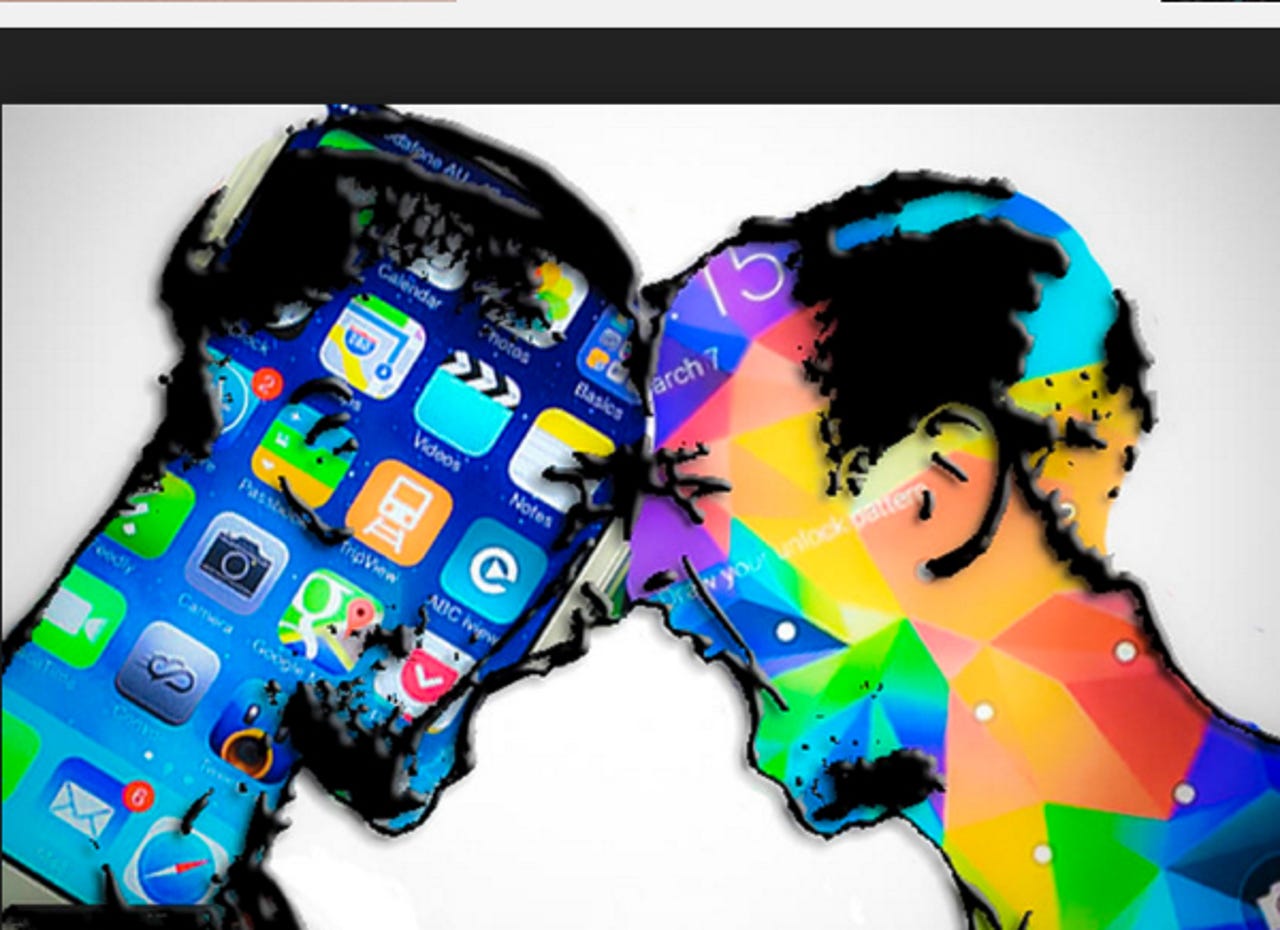Supreme Court to weigh in on Samsung v. Apple patent fight

At first it looked like Apple won its design patent wars over Samsung. As time went on, that "victory" started looking more like a defeat as Samsung won its appeals. Now, Apple is in even more trouble. The Supreme Court of the United States (SCOTUS) has elected to hear Samsung's appeal of the $548-million award lower courts gave Apple.

In December 2015, Samsung agreed to pay Apple $548 million in damages over iPhone patents. But Samsung has also claimed "all rights to obtain reimbursement from Apple". So, Samsung appealed this loss to Apple to the Supreme Court.
SCOTUS has agreed to address the issue. Specifically, Samsung is asking that the court decide that when a design patent is applied to only a component of a product, the award of infringer's profits should be limited to those profits attributable to the component.
You see Samsung doesn't think that it should owe the $399 million portion of Apple's award for infringing on the iPhone's rounded-corner front face, bezel and colorful grid of icons. Samsung's arguments are that these contributed only marginally to a complex device.
As Samsung said in its SCOTUS petition, "A patented design might be the essential feature of a spoon or rug. But the same is not true of smartphones, which contain countless other features that give them remarkable functionality wholly unrelated to their design. By combining a cellphone and a computer, a smartphone is a miniature internet browser, digital camera, video recorder, GPS navigator, music player, game station, word processor, movie player and much more. "
Apple iPad design - it's been done before (images)
Apple, in return, claimed that "The iPhone's explosive success was due in no small part to its innovative design, which included a distinctive front face and a colorful graphical user interface -- features protected by U.S. design patents." Apple added, "Samsung made a deliberate and conscious decision to copy the iPhone's innovative look and many of its other features, and its mobile devices became iPhone clones."
SCOTUS believes enough in Samsung's case that the court has decided to give the issue a full hearing. While the specific point being addressed is a narrow one, it's possible that SCOTUS will address the broader issue of the validity of design patents.
Related Stories:
- Samsung slams Apple in patent appeal decision
- Apple wins symbolic Samsung US ban - but faces backlash from tech giant
- Last chance: Samsung plans for Supreme Court appeal in Apple patent case